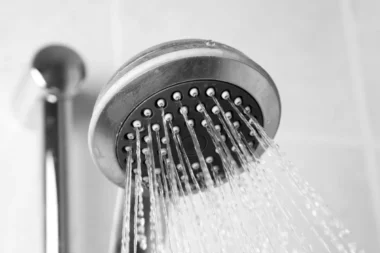In our fast-paced urban life, catching a good night’s sleep can sometimes feel nearly impossible. Recent studies show that nighttime noise—an element we often overlook—might be messing with our sleep (even when we don’t fully wake up from it). This info matters to more than just city dwellers; it’s for anyone curious about how their surroundings can affect their well-being.
How nighttime noise messes with your health
Researchers at Johannes Gutenberg University in Mainz have discovered a clear link between nighttime noise and the release of stress hormones like cortisol. These sounds, even if they don’t fully wake you up, can still set off your body (raising your heart rate and blood pressure), which over time can lead to long-term health problems.
City residents are particularly at risk since they’re constantly exposed to noises like distant conversations, passing cars, or motorcycles rolling by at night. Even with closed windows, some sounds sneak in—and if you open them, the disturbance only gets worse. Over time, this constant noise exposure may lead to higher cholesterol, hypertension, and extra strain on the cardiovascular system.
I’m a Gardening Expert, and This Is the Biggest Mistake People Make When Watering Tomatoes
How evolution makes us alert to sounds at night
Our knack for being sensitive to nighttime noise is actually rooted in our evolutionary past. Our ancestors needed sharp hearing to spot potential predators or strangers (a survival trait that still lingers today), so our brains remain partly alert even during deep sleep, always on standby for any sign of trouble.
A study published in Noise & Health shows that even minor sounds—a car door slamming or a burst of laughter—can break up our sleep cycles, disrupting the natural restoration process our bodies go through while we sleep.
How to sleep better despite urban noise
For those living in busy cities, completely shutting out nighttime noise might be out of the question, but there are ways to lessen its effects. Experts recommend finding the right time to air out your room without disturbing your sleep too much—like early in the morning or just before bed, when the outside is a bit quieter.
It’s also advised to keep your windows closed during the night to block as much noise as possible. Instead, consider using an air purifier or a quiet fan to keep the air fresh without inviting disruptive sounds indoors. Many folks have found that sticking to this routine really helps them sleep better.
Real stories about nighttime noise
The issues caused by nighttime noise aren’t just theoretical—they’re something many people in noisy urban neighborhoods experience every day. One person recalled, “I remember nights in a busy urban neighborhood when I used to open my window—thinking fresh air was worth a bit of noise. The next day, I’d feel completely drained and restless, even if I didn’t remember waking up. It felt like my body was quietly under stress.”
Another shared, “Switching to keeping my windows closed at night made a huge difference. I started waking up feeling refreshed instead of foggy, without that constant background noise keeping my brain on high alert.”
Understanding how nighttime noise messes with our health and tweaking our routines to manage it can lead to better sleep and overall well-being. Being mindful of these tips can really make a difference for those quiet nights and healthier days ahead.







